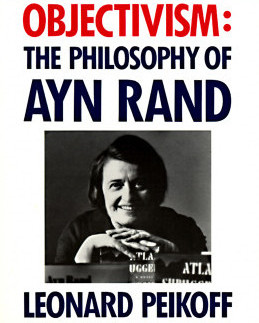An excerpt from chapter 8 on Virtue from Objectivism: The Philosophy of Ayn Rand by Leonard Peikoff.
“Integrity” is loyalty in action to one’s convictions and values.
As its name suggests, this virtue is one’s recognition of the fact that man is an integrated being, a unity made of matter and consciousness. As such, he may, in Ayn Rand’s words, “permit no breach between body and mind, between action and thought, between his life and his convictions….”
Few men flout their perceptual knowledge. Aside from the lowest cases—such as those who are high on LSD or on the Reverend Jim Jones—a man does not walk into the path of a speeding truck “because I feel like it” or “because the leader expects it.” The consequences of such action are too clear. On the conceptual level, however, the consequences of flouting one’s knowledge are not thus inescapable. On the contrary, as we saw in chapter 2, to keep one’s value judgments operative amid the vicissitudes of life is a volitional task. It requires that one act in focus, holding the full context of one’s knowledge and retaining the perspective of long- range purpose. Context of this kind can be held and long- range purpose achieved, philosophy tells us, only if man functions by the guidance of …
Read the rest in Objectivism: The Philosophy of Ayn Rand.
